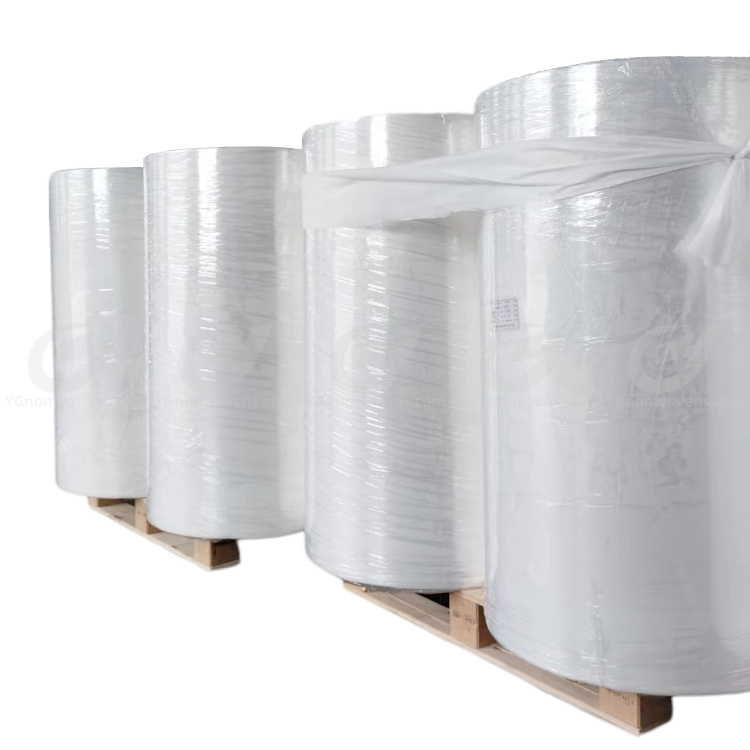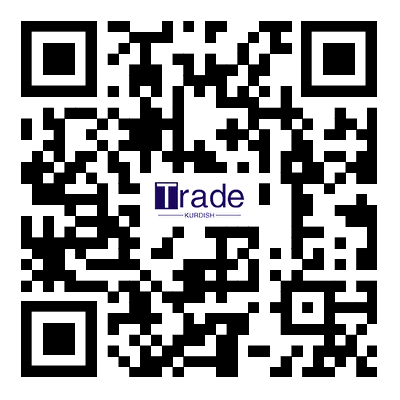The environmental benefits of using GRS Certified RPET nonwoven fabric compared to traditional ones
2023-10-17
Using GRS (Global Recycled Standard) Certified RPET (Recycled Polyethylene Terephthalate) nonwoven fabric compared to traditional nonwoven fabrics offers several significant environmental benefits:
1. Resource Conservation:
- Reduced Virgin Resource Consumption: Traditional nonwoven fabrics are often made from virgin synthetic materials, such as virgin polyester. In contrast, GRS Certified RPET nonwoven fabric is made from recycled PET bottles. By using recycled materials, less virgin petroleum-based resources are consumed, reducing the pressure on natural resources.
2. Energy Savings:
- Lower Energy Consumption: The production of virgin polyester is energy-intensive, involving the extraction of raw materials and chemical processes. RPET nonwoven fabric production from recycled PET consumes less energy since the raw material is already in the form of PET bottles.
3. Greenhouse Gas Emissions Reduction:
- Reduced Carbon Footprint: The energy savings associated with RPET nonwoven fabric translate into a lower carbon footprint. Using recycled materials results in fewer greenhouse gas emissions compared to the production of virgin materials.
4. Waste Diversion and Reduction:
- Plastic Waste Reduction: RPET nonwoven fabric is created from post-consumer PET bottles, diverting plastic waste from landfills and oceans. This waste reduction is crucial in addressing the global plastic pollution problem.
5. Water Conservation:
- Reduced Water Usage: The production of traditional nonwoven fabrics may require significant water consumption for processes like dyeing and finishing. RPET nonwoven fabric production typically uses less water, contributing to water conservation efforts.
6. Promotion of Circular Economy:
- Closed-Loop Recycling: RPET nonwoven fabric production embodies the principles of a circular economy. It closes the recycling loop by repurposing PET bottles into new products, extending the lifecycle of the material.
7. Environmental Awareness:
- Consumer Education: The use of GRS Certified RPET nonwoven fabric can raise awareness among consumers about the importance of recycling and responsible material choices. It encourages more eco-conscious purchasing decisions.
8. Regulatory Compliance:
- Meeting Environmental Regulations: As environmental regulations become stricter, businesses that use sustainable materials like GRS Certified RPET nonwoven fabric can align with legal requirements and minimize compliance risks.
9. Sustainable Sourcing:
- Support for Sustainable Practices: By choosing GRS Certified RPET nonwoven fabric, businesses support sustainable sourcing and responsible material selection, reinforcing their commitment to environmental stewardship.
10. Enhanced Brand Image:
- Eco-Friendly Branding: Brands and businesses that prioritize sustainable materials can enhance their brand image and appeal to consumers who value environmental responsibility.
In summary, using GRS Certified RPET nonwoven fabric offers a multitude of environmental benefits, including resource conservation, energy savings, waste reduction, and greenhouse gas emissions reduction. It aligns with the principles of sustainability and the circular economy, making it an eco-friendly choice for various applications, including shopping bags, apparel, and more.



